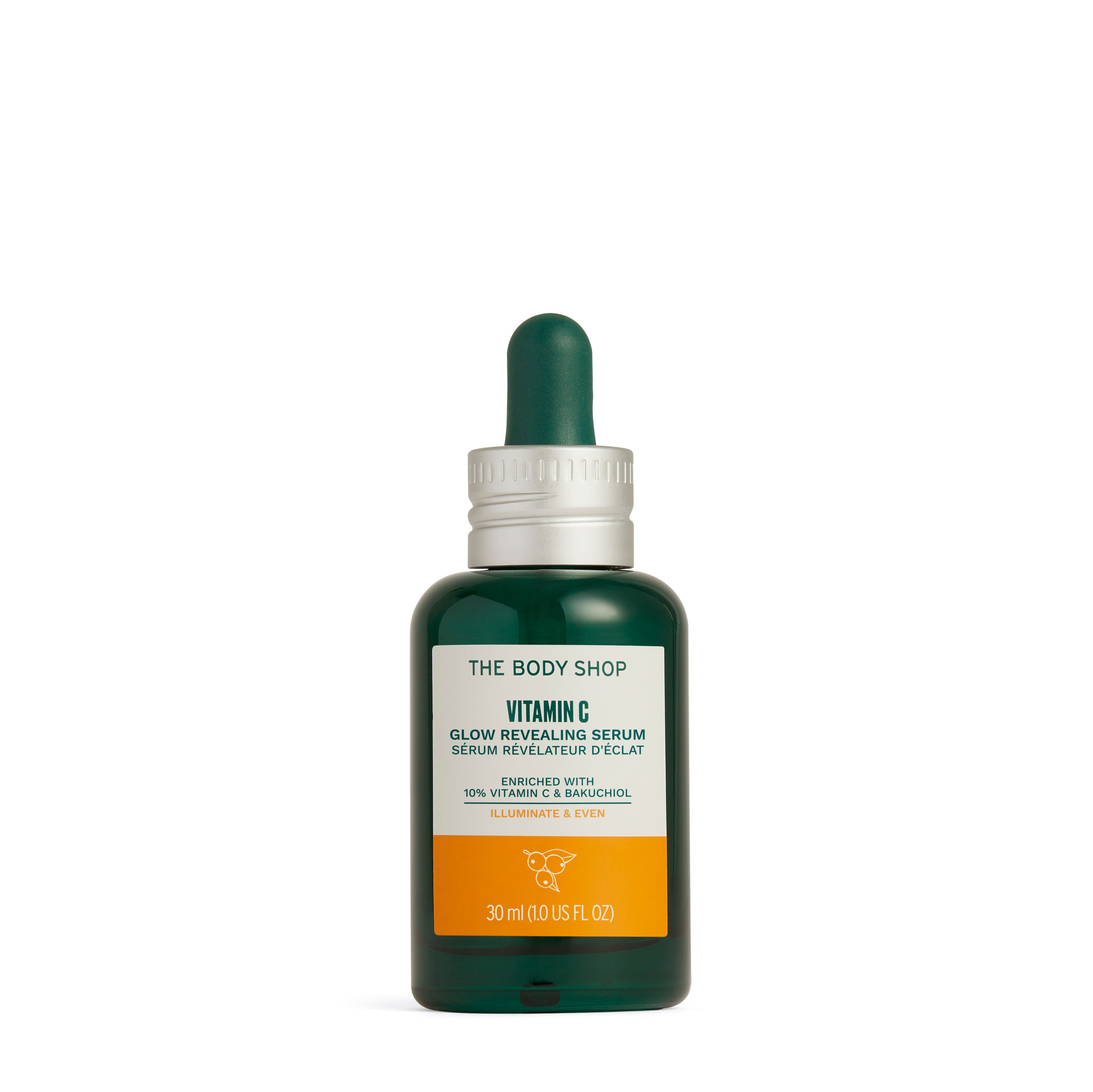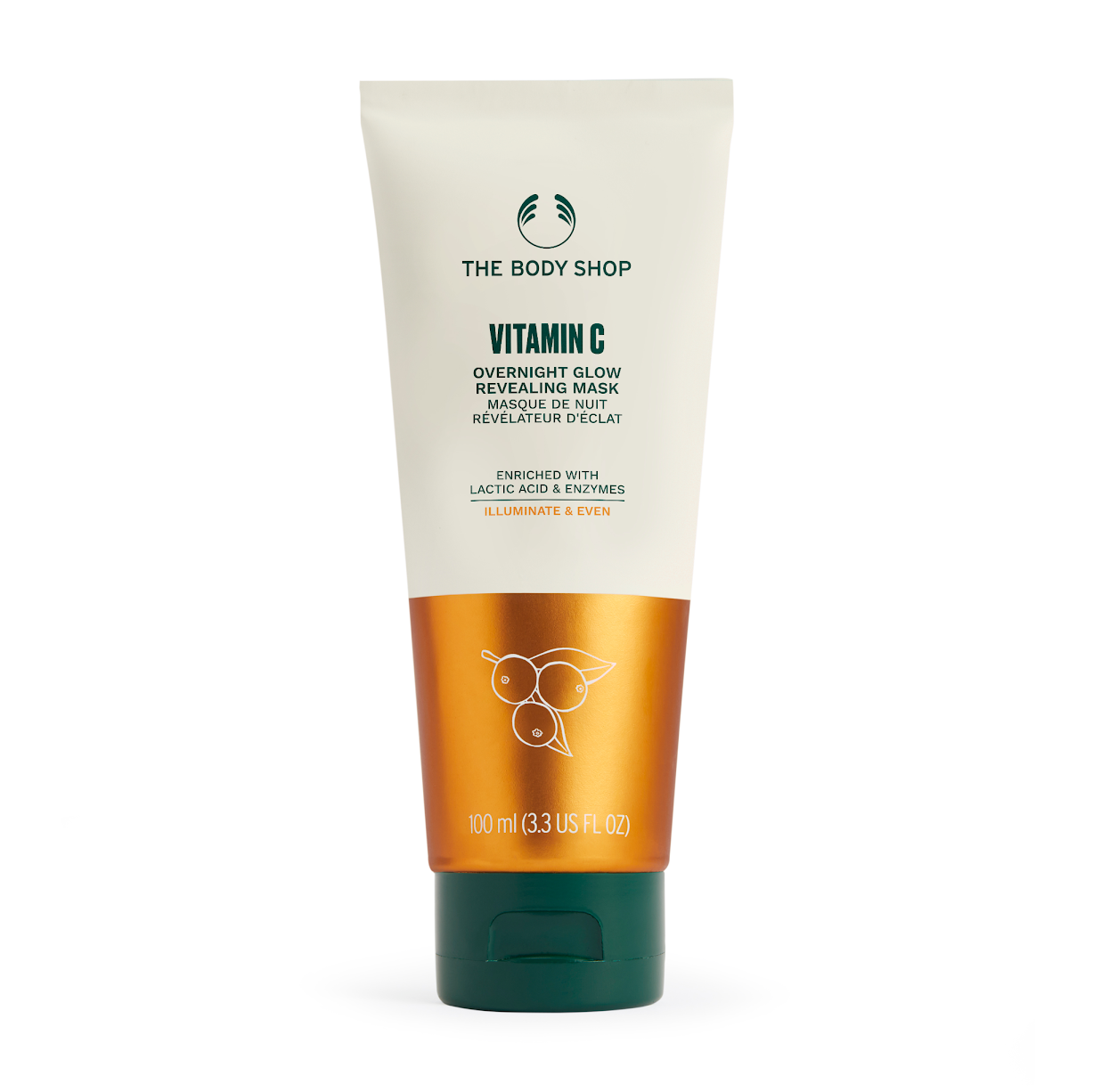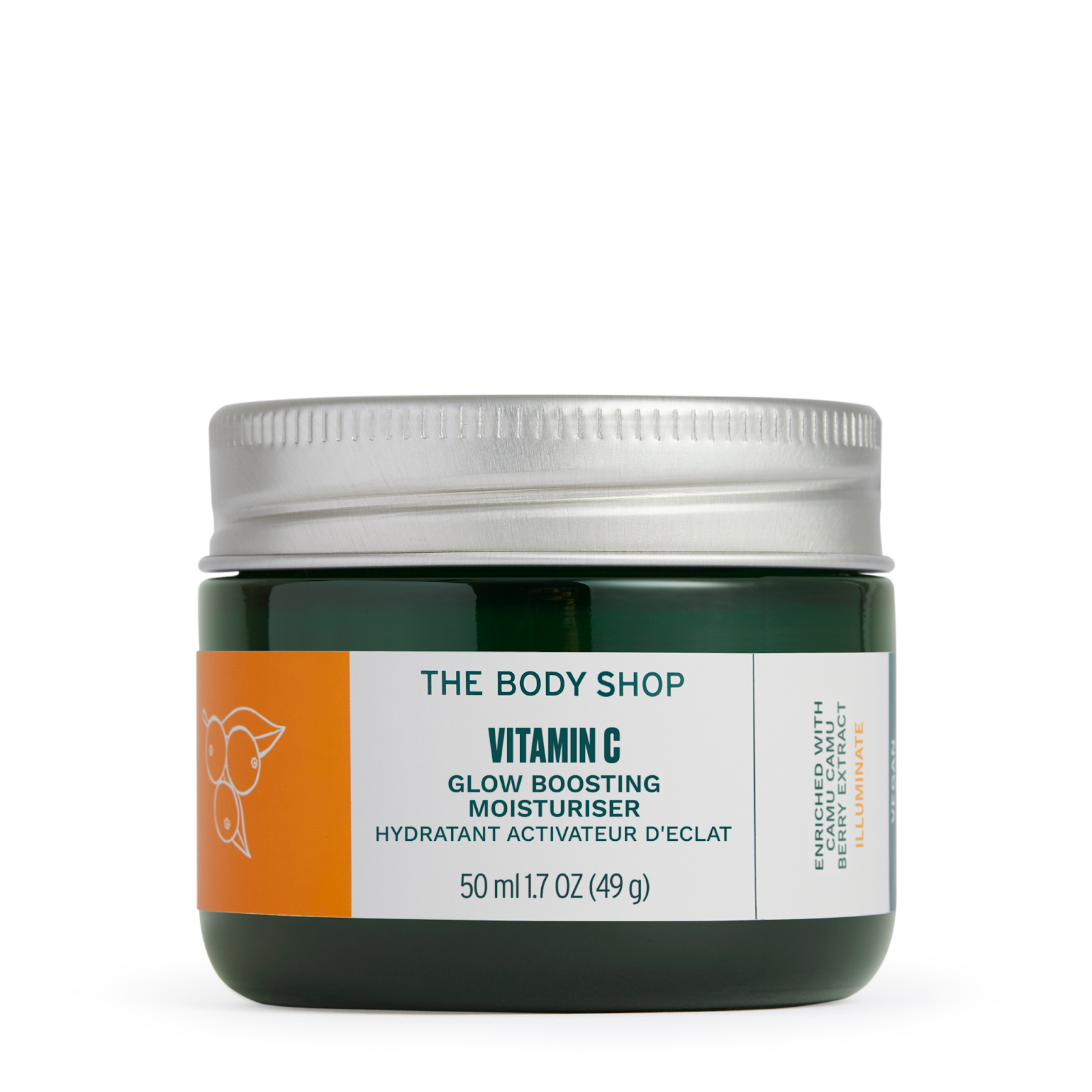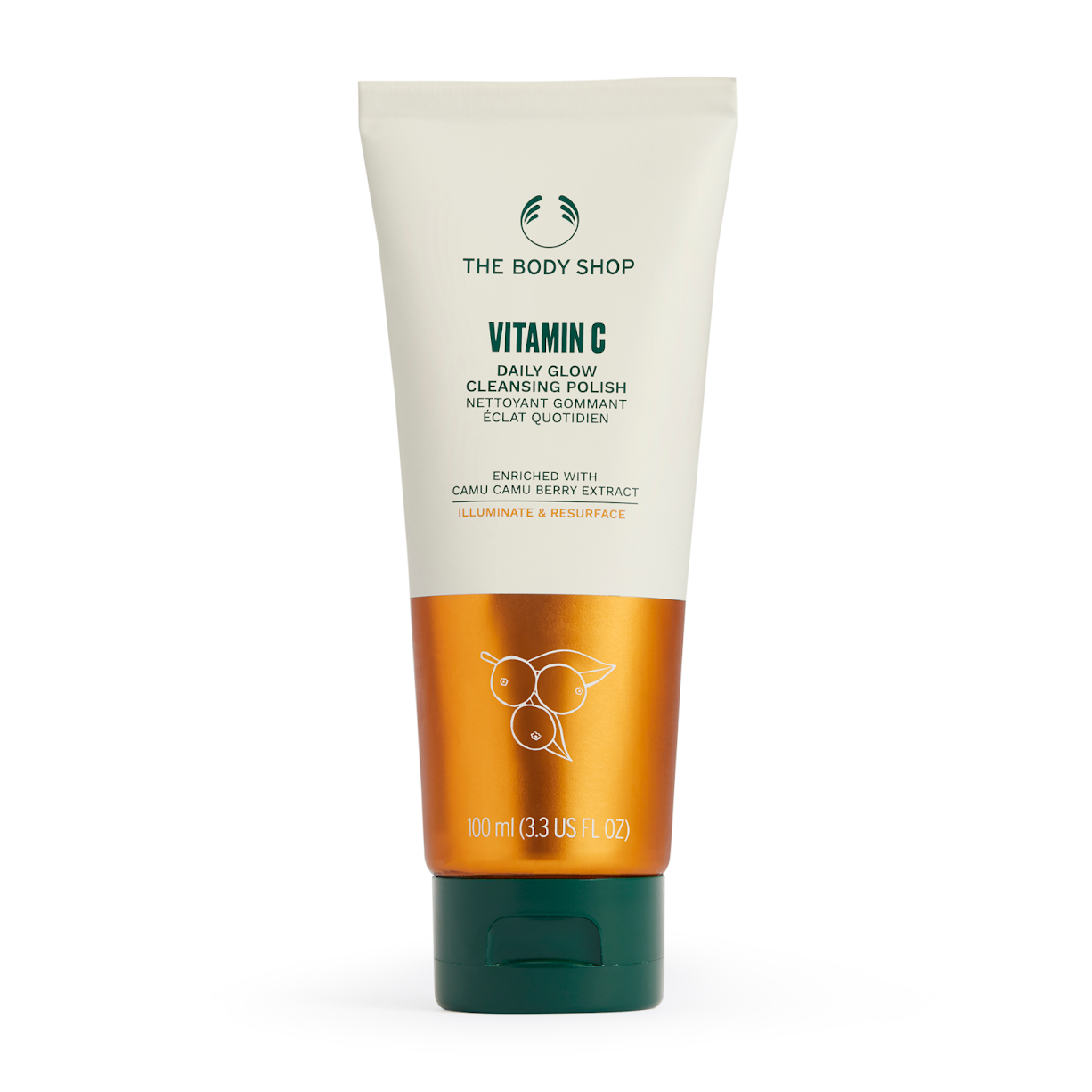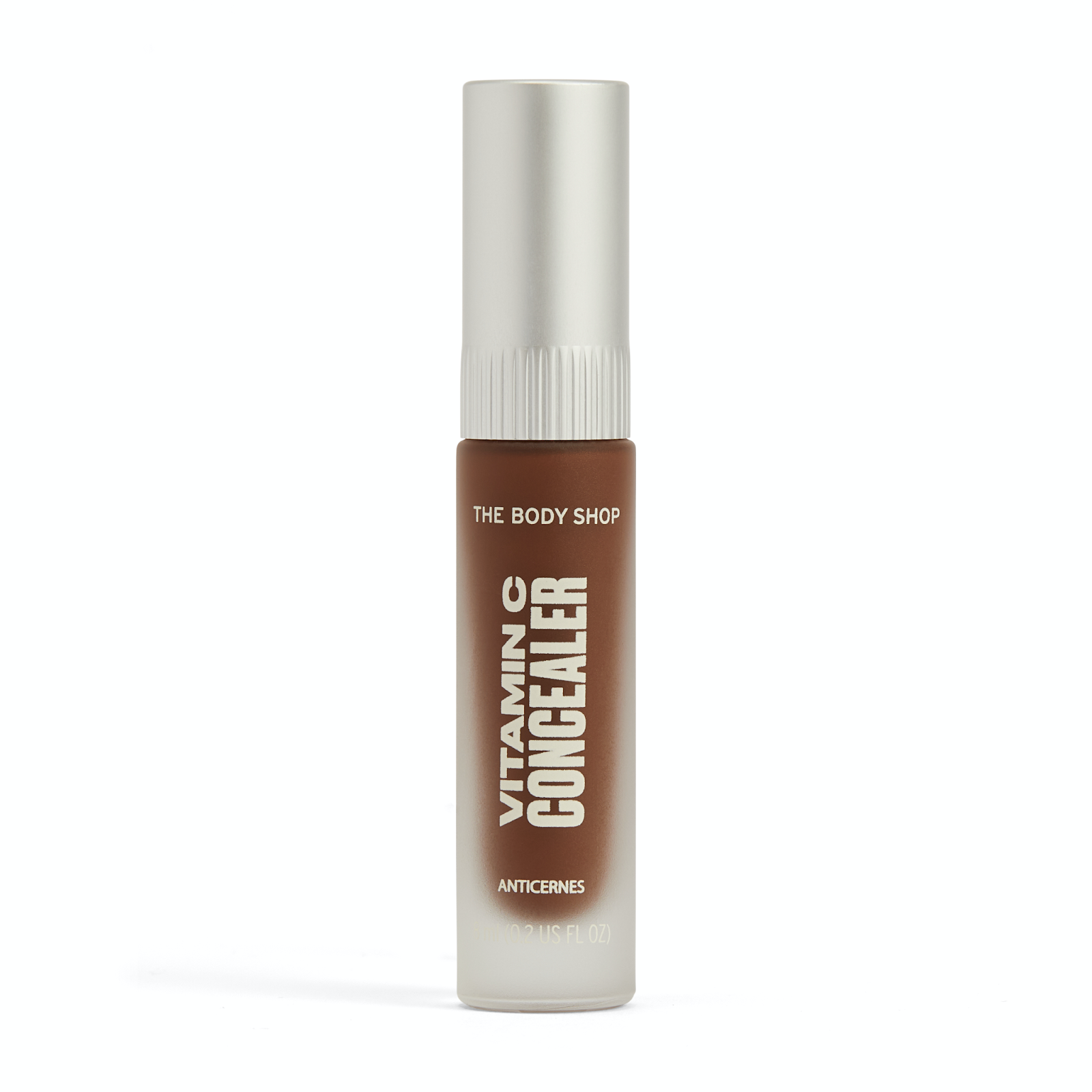From Using Vitamin C Serum To Embracing Acne, R29 Editors On The Beauty Tweaks That Helped Them Glow Up
Like many people, revisiting photos of myself in middle school makes me cringe: wonky teeth, bushy eyebrows, hair perpetually pulled back into a tight ponytail (why?), and a rotating selection of ill-fitting, slogan-bearing T-shirts my dad picked up on business trips (“Someone loves me in Milwaukee!”). This deeply awkward phase lasted until senior year of high school, when I finally got my braces off, let my long hair do its thing, and regularly attempted to recreate (albeit clumsily) fashion and beauty looks I saw in magazines. This is what I’d consider my first real “glow-up,” which is when a person experiences a sort of metamorphosis that’s often appearance-based (though a glow-up can include mental or professional improvements as well).
AdvertisementADVERTISEMENT
While the exact origin of the phrase is murky, some speculate that it may have entered our vernacular as early as 2013, thanks to the release of a certain track that not only features the term in its title, but includes optimistic lyrics that seem aligned with our modern understanding of what “glowing up” means.
While I personally have no desire to publicize my glow-up (you will never see my eighth grade yearbook photo), lots of folks apparently enjoy broadcasting their journeys on the internet — and more power to them. A memorable example of this happened a few years back, when our social media feeds were flooded with diptychs of friends and strangers touting their transformations between 2012 and 2018. The trend, or “challenge,” affirmed our collective fascination with glowing up.
Since then, the concept hasn’t waned in popularity: Searching #glowup on TikTok yields more than 54 billion videos; meanwhile, R29 Unbothered recently hosted its first in-person event in Atlanta, The Glow Up, which celebrated the Black community — and Unbothered’s growth over the last five years. And the idea of “glowing up” feels especially relevant as we continue to emerge from the pandemic, which, for many of us, jolted us out of our routines and forced us to rethink our idea of “beauty” and how we present ourselves to the world.
In partnership with The Body Shop — which just launched a vitamin C-rich skin-care range including an exfoliating polish, super hydrating moisturizer, overnight mask, lightweight concealer, and an especially potent serum (containing an impressive 10% of the powerful, glow-boosting antioxidant) — we felt inspired to consider our own personal glow-ups, whether that meant adopting a new look or accentuating our own natural features. Shop the lineup below, and read on as five R29 staffers reveal the beauty tweaks that changed their lives.
AdvertisementADVERTISEMENT
shop 5 products
Jaconna Jacobs, Senior Creative
“My skin has gotten drastically better over the last three years because I moved to Oregon from North Carolina, and the air is better and less humid and polluted. But also, I started using vitamin C serum every day. It wakes my face up and makes my skin feel and look like it’s literally glowing. I learned about the importance of serums from watching skin-care videos by [beauty vlogger] Jackie Aina. She’s a trusted source in the beauty space, especially for Black women, and I really value her opinion. I’m hesitant to incorporate different ingredients into my skin-care routine, but after watching her videos and doing my own research, I sought out a lightweight vitamin C serum to apply on my face morning and night. When I don’t use it, I notice that my skin isn’t as glowy and doesn’t feel as elastic. Applying it feels like I showed up for the day as much as I can. It’s like, ‘You put on the serum. It’s not going to get any better than this — from a skin-care perspective.’ I've tried a lot of different versions, and I'm really excited to try The Body Shop's new vitamin C serum."
L'Oréal Blackett, Editor, Unbothered UK
“My glow-up was finally perfecting a nude, glossy lip. Before, it was really difficult for me to find [nude lip products], because there would usually be only one shade of nude in a makeup line, and it wouldn't fit my skin tone. So, I often wore reds or purples. It’s been really exciting that there are more shades out there. Every day, I use nude lipliner, matte lipstick, and clear or tinted lip gloss on top — it feels very ‘90s. Growing up, I was bullied for having big lips, so I used to cover them with my hands when I spoke and laughed. Now, I like my features, and my new signature look has helped me embrace my lips. A nude lip is understated, but there’s something striking about it at the same time. I think it’s sexy and sultry, and I feel that way as a result.”
AdvertisementADVERTISEMENT
Justine Vaughn, Talent Partnerships & Casting Coordinator
“I started experiencing acne in middle school, so that’s when I began using very matte makeup to cover up my oily skin. When I moved from Taipei to New York for college in 2014, my skin became less oily and more dry, and my acne got better, possibly due to the weather. So, I stopped wearing so much powder and embraced a glowy look, which I’ve been doing ever since. I use a foundation that feels like a hybrid of skin care and makeup. I might apply some powder under my eyes to keep my concealer from migrating, but that’s pretty much it. My routine doesn’t provide full coverage, but my skin looks more even. Throughout my life, makeup has always served the same purpose: to hide my acne scars and make my skin look smoother. My skin has actually gotten worse in the last year or so, and I don’t know why. And I still have scars and experience acne, but I’ve accepted that my skin is never going to be perfect — and that’s totally fine. I don’t cake layers and layers of makeup on to make it look like I have perfect skin. Besides, who has perfect skin? I care more about looking natural than perfect.”
Jenna Igneri, Fashion Editor, Branded Content
“I was always called ‘hairy’ growing up. I’m Sicilian, so I was teased for having hairy arms. It made me feel really self-conscious about body hair — especially facial hair — and I always wanted perfectly groomed brows. I got them waxed, but it was painful, so I tweezed them obsessively. But during the pandemic, I gave up on plucking my eyebrows entirely and ended up liking the trendy, overgrown brow look. Then, when things started opening back up, I saw my brow artist and she told me, ‘I’m not plucking your unibrow. Let’s dye it [dark brown] and embrace it.’ At first, I was like, ‘Oh, god,’ but now I really love it. It feels a little bit unique, and my brows feel stronger, which makes me feel more powerful. It’s also inspired me to wear less makeup because I have this bold look going on and don’t need a heavy eye. I may pluck a stray brow hair here and there, but I mostly just use castor oil on my brows (it’s supposed to make them stronger and shinier), and I visit my brow artist for tinting and maintenance about every three months. But I haven’t gone in a while, so my unibrow is growing out a little more, but the hairs are finer there, so it’s subtle. Most people probably don’t notice it, but I know it’s there and that feels good.”
AdvertisementADVERTISEMENT
Sara Tan, Beauty Director
“Becoming a new mom and going through the pandemic made me realize I actually don’t like the way I look and feel when I’m doing the 10-step makeup routine, with foundation, concealer, and all that. While it’s fun on occasion, I don’t need as much coverage as I thought. I let my skin show through. I can see my freckles. I’m enhancing and celebrating my natural features, and my simple routine has helped me appreciate myself more. I’m still a big eyelash extensions girl — it’s the ultimate beauty hack — but I like that I can roll out of bed and apply my skin care and sunscreen, and then do a natural brow and a multipurpose cream on my cheeks and lips. At 35, I feel I’ve reached an age where I want to really enjoy my life and the way I look. For so long, I’ve wished my eye shape was different or had a different hair color. Now, I’m really leaning into embracing myself. This is who I am. And I’m actually okay with it.”
This article includes interviews that have been edited and condensed for clarity.
AdvertisementADVERTISEMENT








